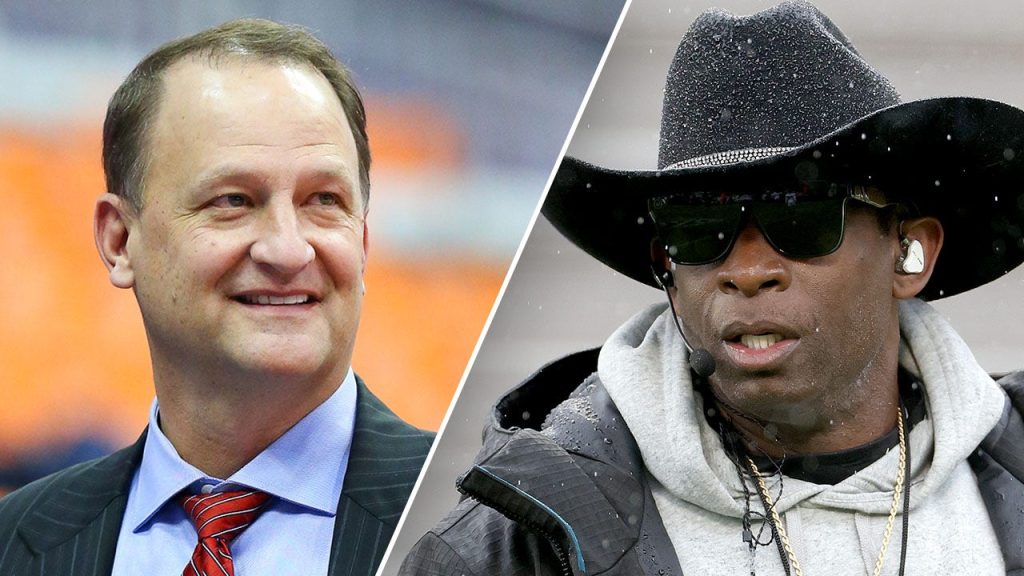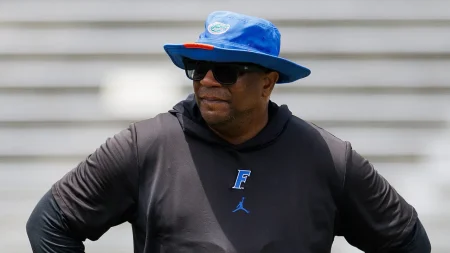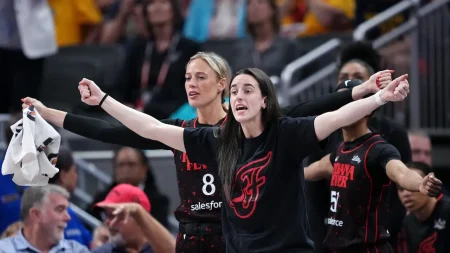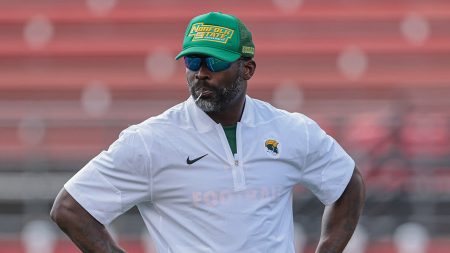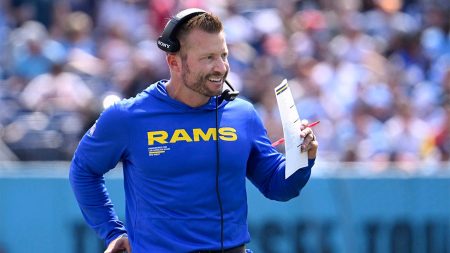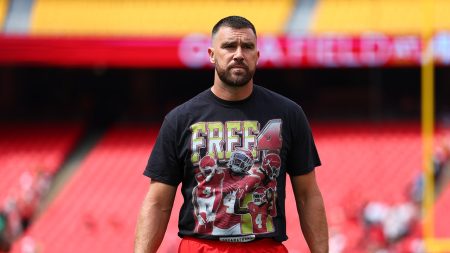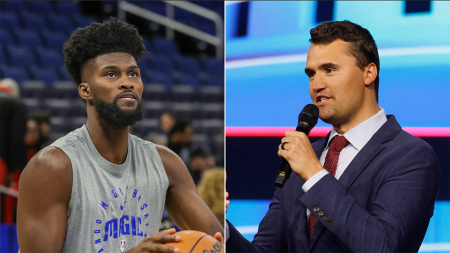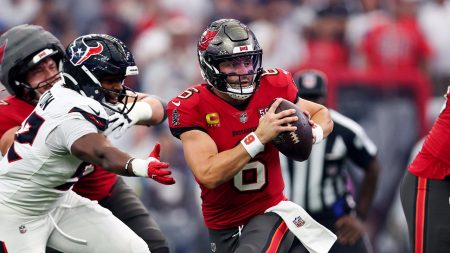Dan Dakich defended Deion Sanders, the Colorado Buffaloes football coach, over the controversy surrounding Sanders’ decision to prohibit Denver Post columnist Sean Keeler from asking questions during press conferences. Dakich, a former basketball coach at Indiana, believes Sanders is justified in his actions, citing Keeler’s past coverage of the program as the reason for the ban. Dakich argues that personal attacks and name-calling should not be tolerated, and that reporters should be held accountable for their behavior.
Sanders has faced criticism from panelists on ESPN’s “Around the Horn” for his decision to silence Keeler, but Dakich believes that Sanders has the right to prevent someone from asking questions if they have crossed a line. Dakich points out that the media often complains about personal attacks but then engages in similar behavior, and he commends Sanders for standing up to those who make disrespectful comments. Dakich suggests that the backlash from the media is a sign that Sanders is challenging the status quo and holding reporters accountable for their actions.
Dakich’s defense of Sanders revolves around the issue of respect and professionalism in sports journalism. He believes that reporters should be able to critique coaches and players on their performance, but personal attacks and insults should not be tolerated. Dakich argues that Sanders is setting a precedent by standing up to disrespectful behavior from reporters, particularly those who have a history of negative coverage. By refusing to allow Keeler to ask questions, Sanders is sending a message that he will not tolerate unprofessional behavior from the media.
The controversy surrounding Sanders and Keeler highlights the tension between coaches and the media in the world of sports. Dakich believes that Sanders’ decision to ban Keeler from press conferences is a way to protect himself and his team from unwarranted attacks and personal criticism. Dakich suggests that Sanders is not alone in facing disrespectful behavior from the media, and that other coaches and athletes may benefit from taking a similar stand against reporters who engage in unprofessional conduct.
Overall, Dakich’s defense of Sanders reflects a larger discussion about accountability and respect in sports journalism. While reporters have a responsibility to ask tough questions and provide fair coverage, there is a line that should not be crossed when it comes to personal attacks and name-calling. Dakich commends Sanders for taking a stand against disrespectful behavior from the media and believes that this could set a positive example for other coaches and athletes facing similar challenges. In the end, Dakich believes that Sanders has the right to control who is allowed to ask questions during press conferences in order to maintain a professional and respectful atmosphere.




